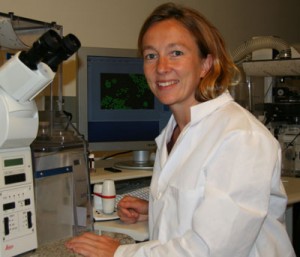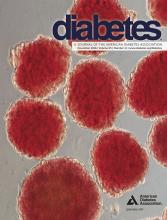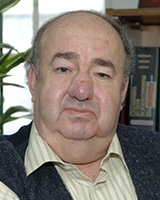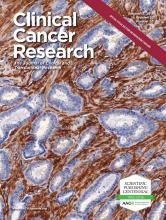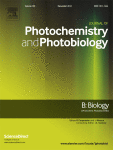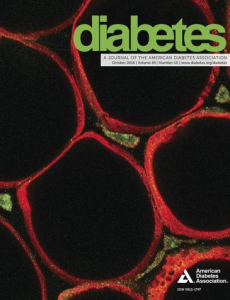
A rising star in the field of infectious disease has resigned from the University of Dundee in Scotland after the university upheld the findings of an investigation concluding that he committed misconduct.
Earlier this year, Robert Ryan was suspended amidst the investigation, which focused on data doctoring in several publications. We’ve now been forwarded an internal email from Julian Blow, dean of the School of Life Sciences, which alerts staff that Ryan has resigned, and the institution has upheld its finding of misconduct, despite Ryan’s appeal.
In 2015, Ryan was selected to be an EMBO Young Investigator; yesterday, EMBO announced that it had withdrawn him from the program.
Blow’s email to staff, dated November 9, states:
Continue reading Prominent researcher in Scotland resigns after misconduct finding upheld

